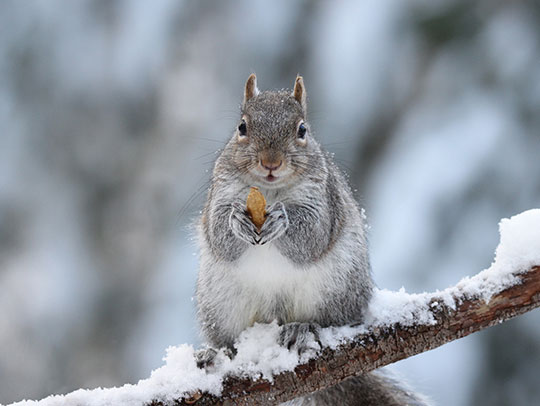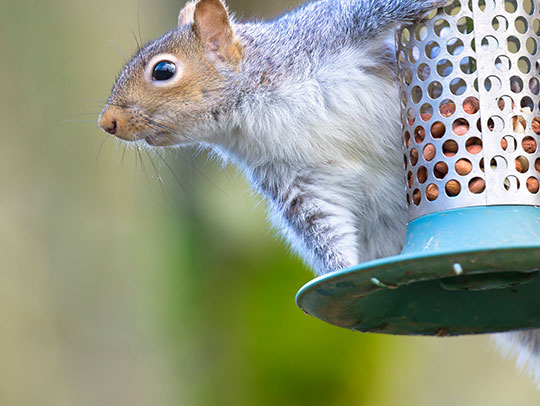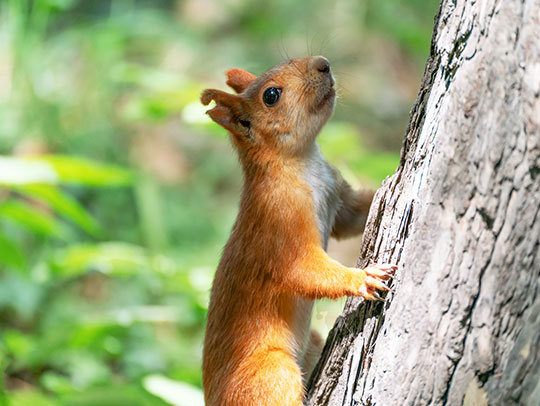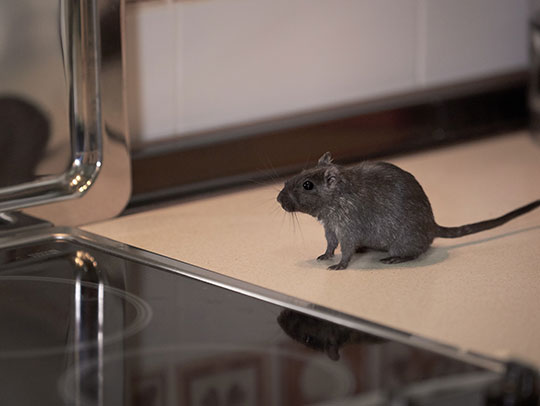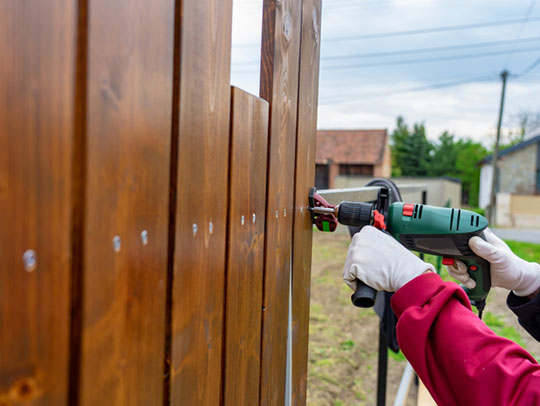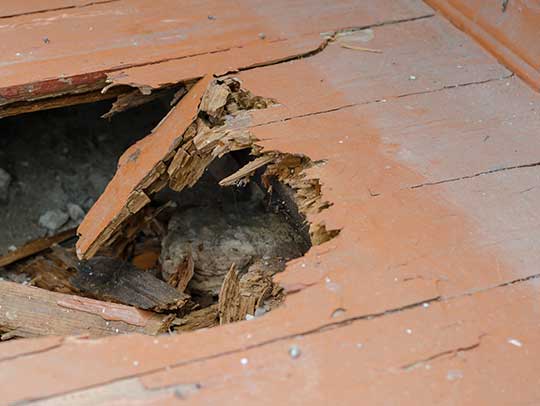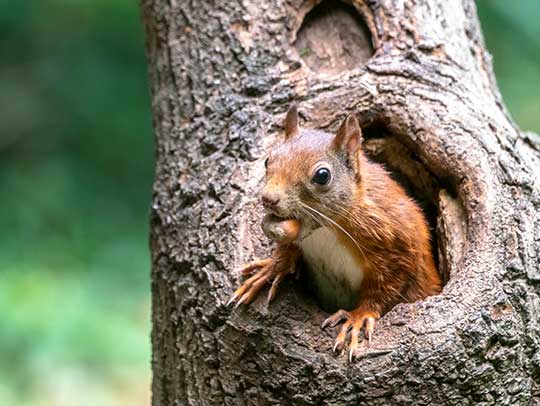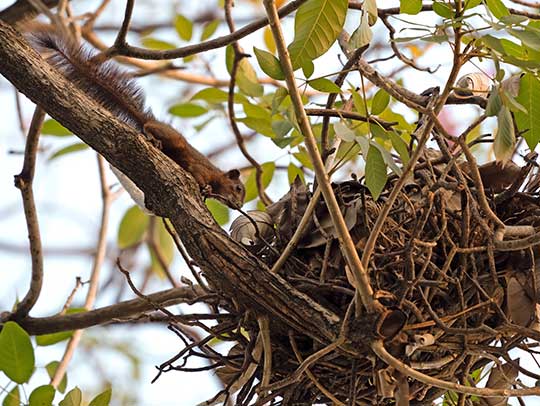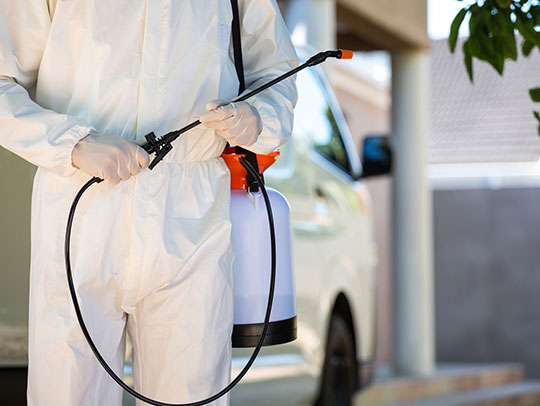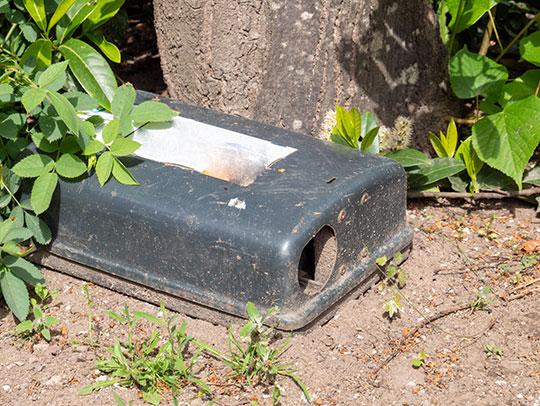
Rats, mice, squirrels and other rodents will often seek shelter inside residential Pittsburgh properties to escape bad weather and predators; however, they’ll stay inside once they’ve found a warm place to nest near your home’s food and water supply. Once nested, rodents will breed and spread contamination throughout your property, posing serious health and structural risks to your family and home. Therefore, rodent-proofing your property is a necessary line of defense to keep unwelcome critters away from your home. Here are 10 ways to strengthen your property against invasive rodents.
Top Rodent-Proofing Strategies
Most rodent-proofing strategies are common home maintenance tasks that are easy to implement. Here are 10 ways to boost your home’s defense against rats and mice.
- Seal Entry Points: Rodents can squeeze their bodies through small cracks and holes to make their way inside. Look for any potential entry points, such as gaps around utility pipes, attic vents and your home’s foundation. Fill these gaps with stainless steel mesh or steel wool and caulk.
- Repair Door Sweeps: Door sweeps are an effective way to protect your home from the elements and rodents. To keep out unwanted guests, check the weatherstripping around the bottom of your exterior doors to ensure it’s tightly sealed and extends across the whole door.
- Safely Store Food: Open bags of perishable goods inside your kitchen pantry are a huge attractors for rodents. Tightly seal open food in glass or metal containers, and clean up crumbs and messes as soon as they happen.
- Secure Your Exterior: Rodents often access homes through openings on the roof. To prevent rodents from getting inside, secure your roof’s vents and pipes with metal flashing, a durable material that is difficult for rodents to chew through.
- Protect Your Shed: If you have a backyard shed, it’s important to apply these same rat-proofing techniques to make sure rodents don’t use your storage space as a second home.
- Clean Nesting Sites: Rodents love to nest in cluttered spaces, such as attics, garages, and basements. Keep these areas as organized and clutter-free as possible to discourage rodents from getting too comfortable.
- Tidy Your Yard: An unkempt yard full of thick vegetation, wood piles and debris provides cover for rodents to sneak through. Keep the pests away from your home by pruning back bushes, trimming trees, and clearing away any trash piles near your house.
- Use Natural Repellents: Rodents rely on their sense of smell to guide them to food. Use their sensitivity to your advantage by placing scents around your home that overwhelm their senses. Peppermint, pepper, garlic and vinegar are easy-to-find ingredients that rodents can’t stand.
- Scare Them Off: Rodents are naturally skittish and tend to flee in fight-or-flight situations. Motion-activated lights or sprinklers are good deterrents that keep them away at night.
- Humane Traps: Most home improvement stores sell humane traps that can take care of minor problems. Make sure to release trapped rodents as soon as possible, and let them go at least five miles away from your property.
Professional Rodent Removal Services in Pittsburgh
While DIY rodent removal can be effective, it shouldn’t be your only line of defense. Instead, trust the licensed, trained and experienced experts at Critter Control® of Pittsburgh to safely and humanely remove nuisance rodents from your property. To schedule your inspection and receive a free rodent removal estimate, call us today at 412-767-4067.




